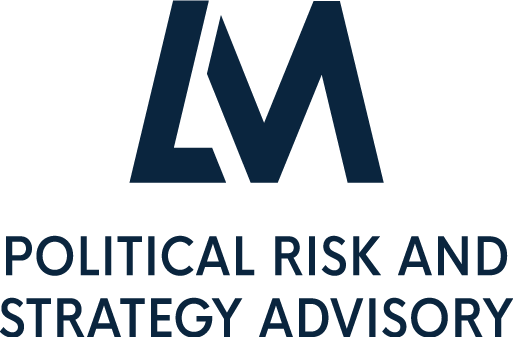Should I stay or should I go? A complex risk landscape for companies.
by Dr. Johannes Leitner and Veronika Weissenhofer
The Russian leadership threatens international companies with expropriation if they close their Russian subsidiaries and interrupt the continued payment of salaries to employees.
The list of American and European companies that are announcing in the media that they are withdrawing from the Russian market, or at least suspending their activities, is growing longer and longer. The list includes big names such as Nike, Adidas or Puma, as well as car manufacturers Volkswagen, BMW and Stellantis, but also Austrian companies have made announcements about a withdrawal, such as Swarovski, or Rosenbauer. McDonald’s is probably one of the best-known companies to publicly declare its withdrawal from Russia, arguing that the war is not in line with its corporate values.
The fact that these announcements do not always have to mean that the company's involvement in Russia will come to a complete standstill is shown by the example of the American investment bank Goldman Sachs. The bank continues to act as a broker between its Russian clients and Western interested parties. It therefore remains to be seen how serious and final the withdrawals announced in the media actually are. After all, one will also have to think about the chances of resuming business after the war, possibly even after Putin.
At the same time, lists of companies that have not yet withdrawn from Russia are circulating on social media and are being harshly criticized for doing so. This shaming and blaming strategy is repeatedly used against companies to achieve political goals. Most recently, these campaigns were observed in connection with Iran or Belarus. The associated reputational risks for companies can be considerable.
In addition to reputational risks, there are other substantial reasons why companies are withdrawing from Russia.
The increasingly strict economic sanctions, in particular the exclusion of seven Russian banks from SWIFT, complicate or make it impossible for regulated payment transactions to take place between local companies and their international partners. The issue of profit distributions and repatriations of financial surpluses will also be an increased risk as a result of current events because the amounts cannot be transferred out of Russia.
In addition, supply chains will become increasingly difficult to maintain, especially if the warlike actions are expected to continue for weeks.
The war itself and Western sanctions are straining the Russian economic system and will lead to further losses for the Russian middle class. Instead of a weak GDP growth of 2%, economists expect a GDP downturn of 7% for 2022. The depreciation of the Russian currency makes all imported products and services, which are usually priced in USD or EUR, more expensive. Another shock to weakened household incomes. But currency fluctuations also mean high risks for companies.
All in all, not good prospects for companies to stay in the market. On the other hand, there is the risk of expropriation.
If this war has shown one thing so far, it is that Russian threats must be taken seriously and not be seen as mere threats.
On March 9, the government commission approved the second package of measures to support Russia's economy. Included in it is a provision for nationalizing the property of foreign companies when they leave the Russian market.
The foreign owners can avert receivership within 5 days if they resume their business activities, or sell their shares on the condition of continuing operations and maintaining jobs. Otherwise, the court will appoint a provisional administration for three months, after which the company's shares will be auctioned.
The draft currently in force covers companies from 48 "unfriendly states," including all EU countries. The law is to target companies with assets of more than 1 billion rubles (about 7.5 million EURO as of March 14, 2022) and an average of 100 employees.
The Russian Union of Industrialists and Entrepreneurs proposed some amendments to the draft law, which is intended to give Western companies better chances to return to the Russian market. For example, assets should only be auctioned off after three years and foreign owners should be able to hold shares of up to 50%.
It is difficult to assess the prospects of success of a legal fight against possible expropriations in Russia. Even if an expropriation were successfully fought through international arbitration, there would still be the problem of the enforceability of the arbitration award. Russia will show little interest in bowing to international rulings. Only the argument that it does not want to cause lasting damage to the investment location could persuade the Russian administration to relent.
In any case, now is the time to think about the strategic reorientation of companies , both in the post-Soviet region and globally. Above all, political risks should be considered as highly weighted variables in the equation.
